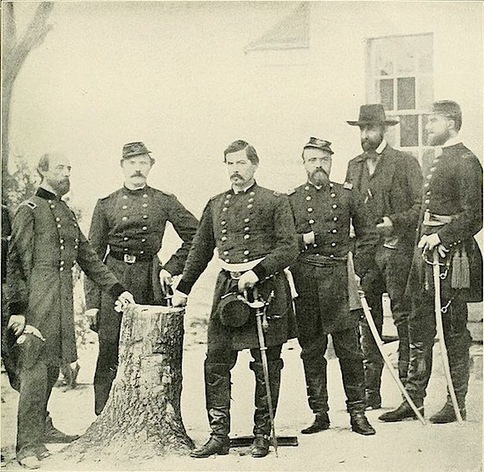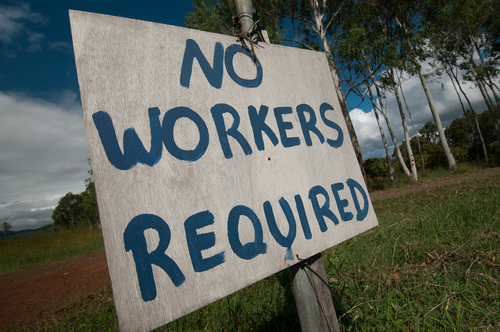“Sometimes, our lives bring us new and unexpected adventures… like making a big move to a new city.”
“Whether you’re moving for a summer internship, your first job, taking a big career leap, or starting over in a new industry, moving to a new city for your career comes with a lot of new to-do items, including building a local personal network.”
“For many, in fact, networking is a key factor in creating your new home–both professionally and personally. But how do you know who to talk to? What if you don’t know anyone in the city?”
“Don’t worry. Here’s some tips to employ when networking in a new city:” by Jackalope Jobs
A quick read on 5 tips to help you land on your feet in a new city while building your new career.
See on www.youtern.com







